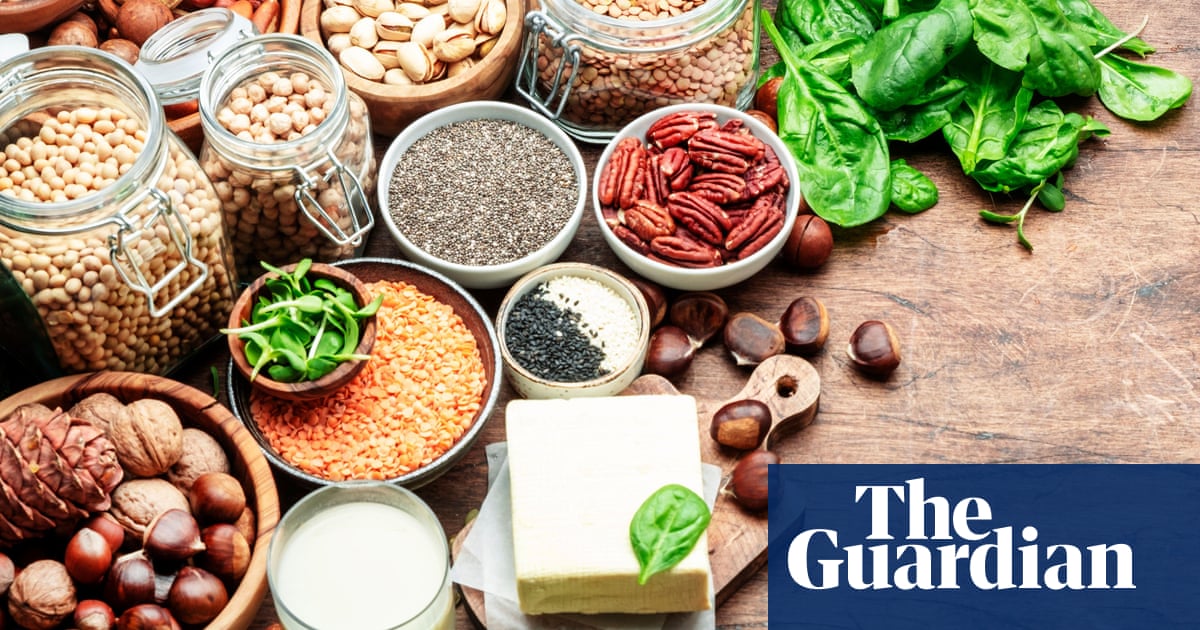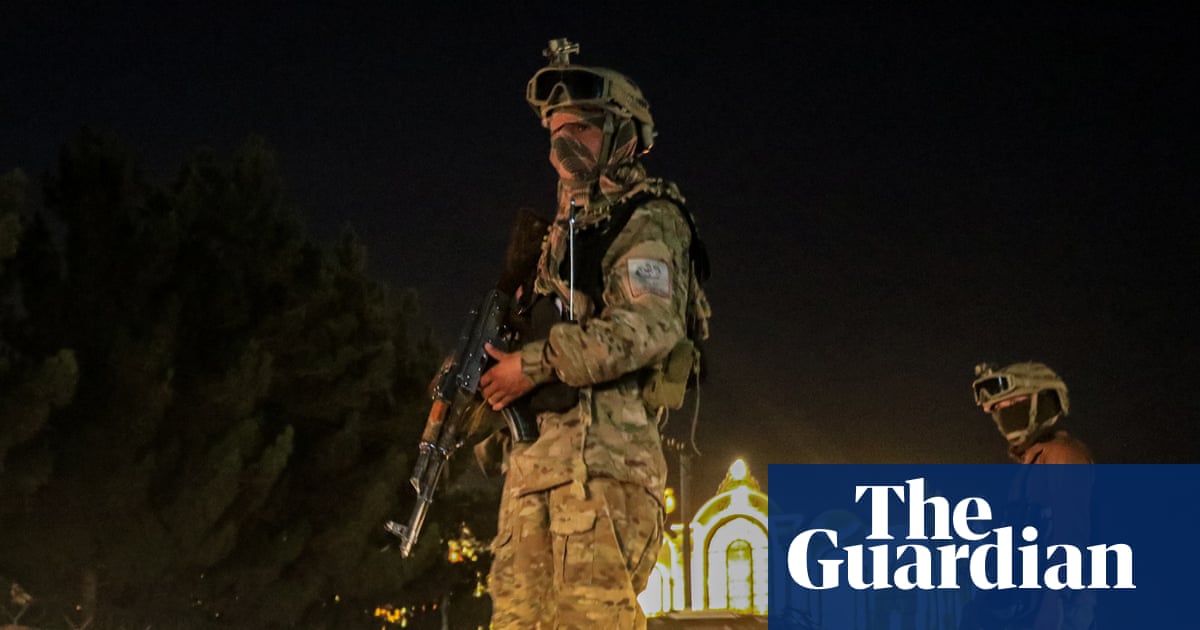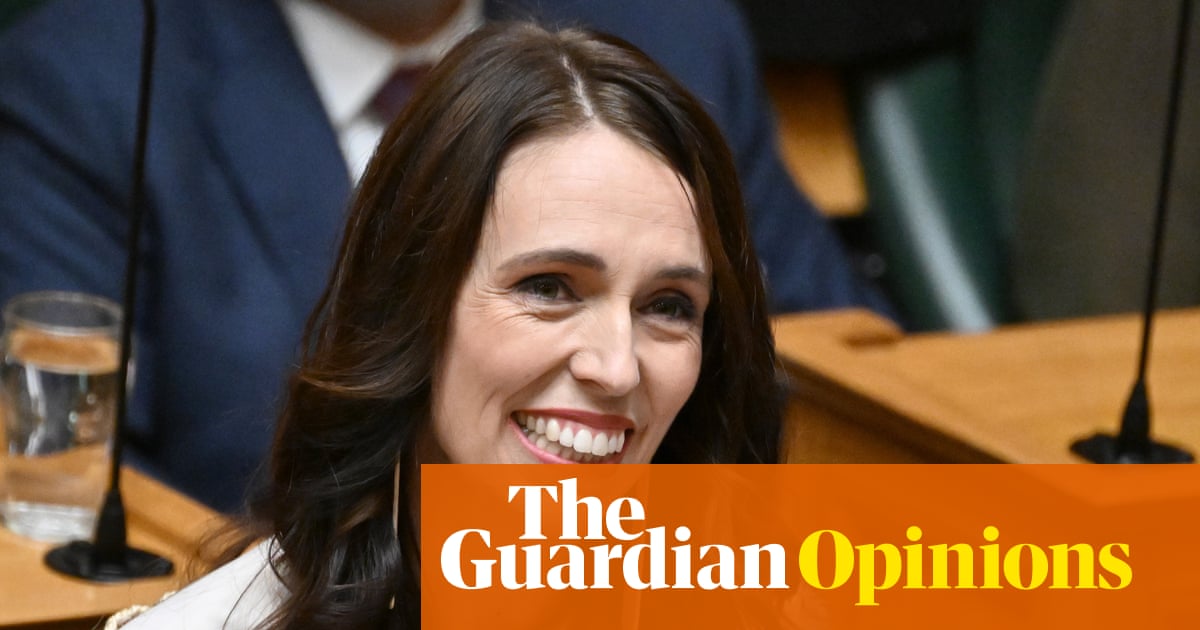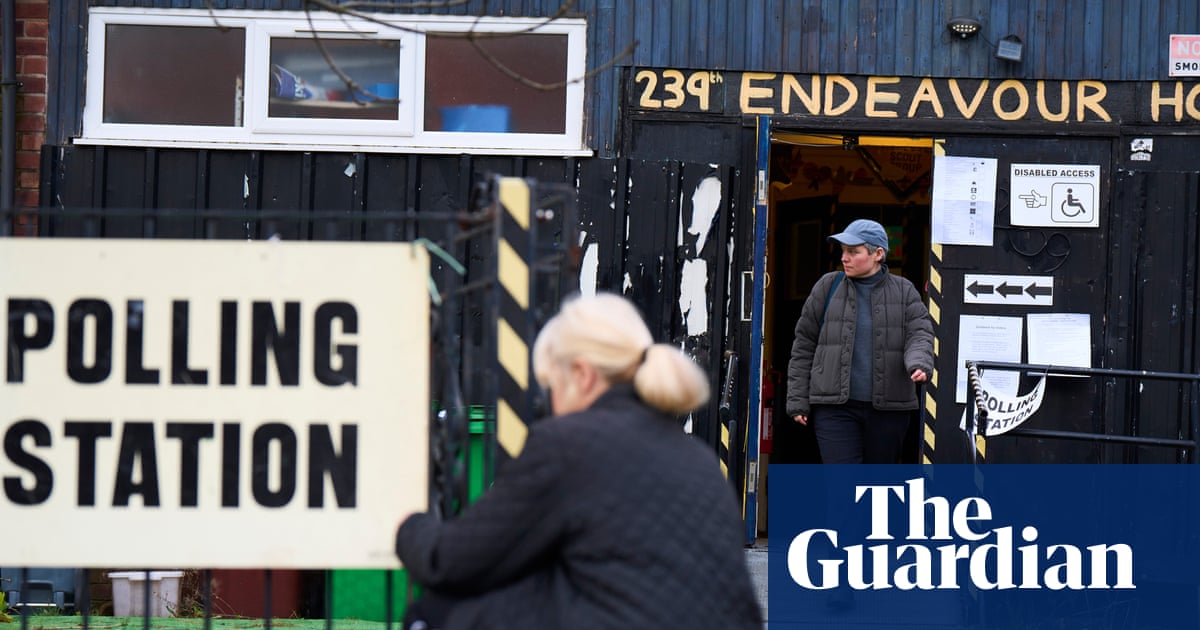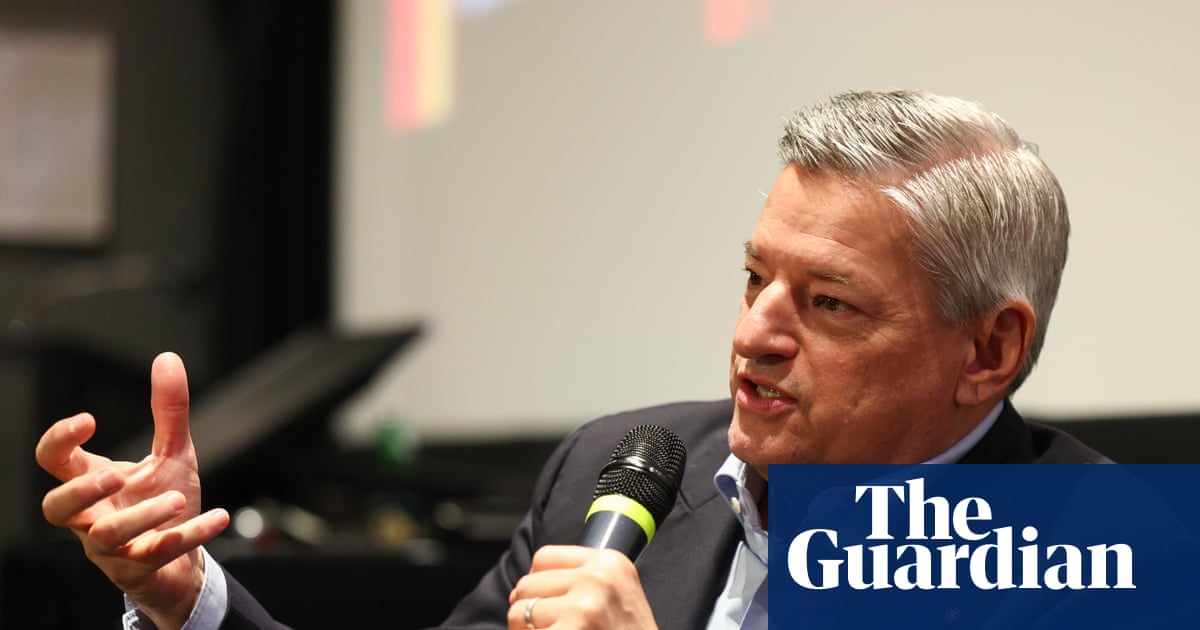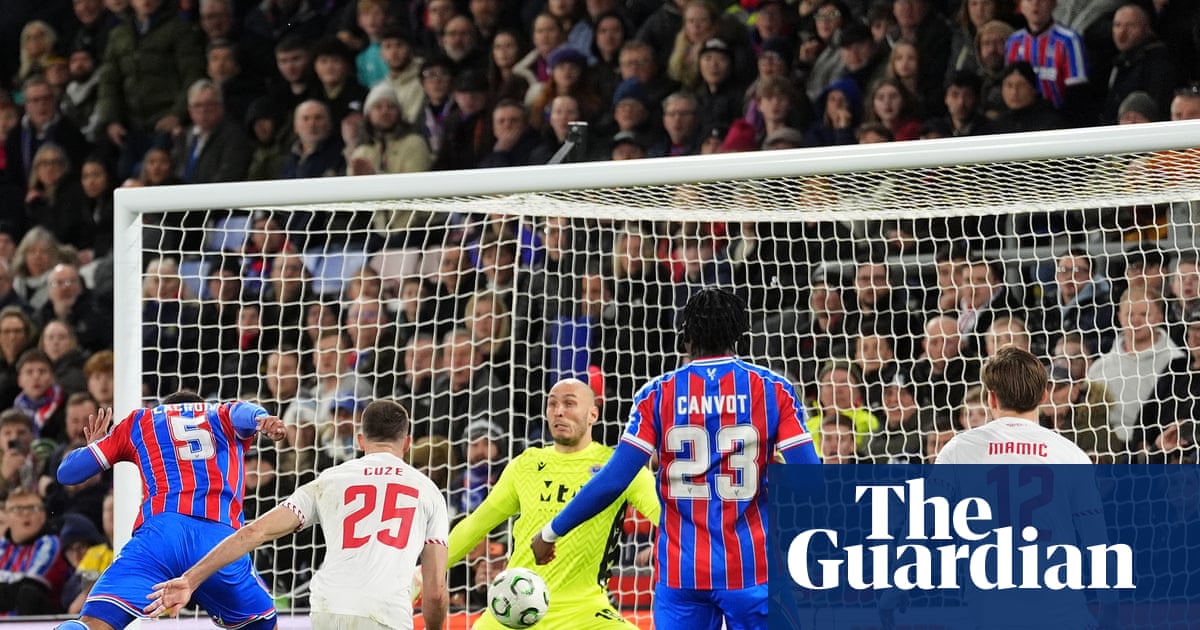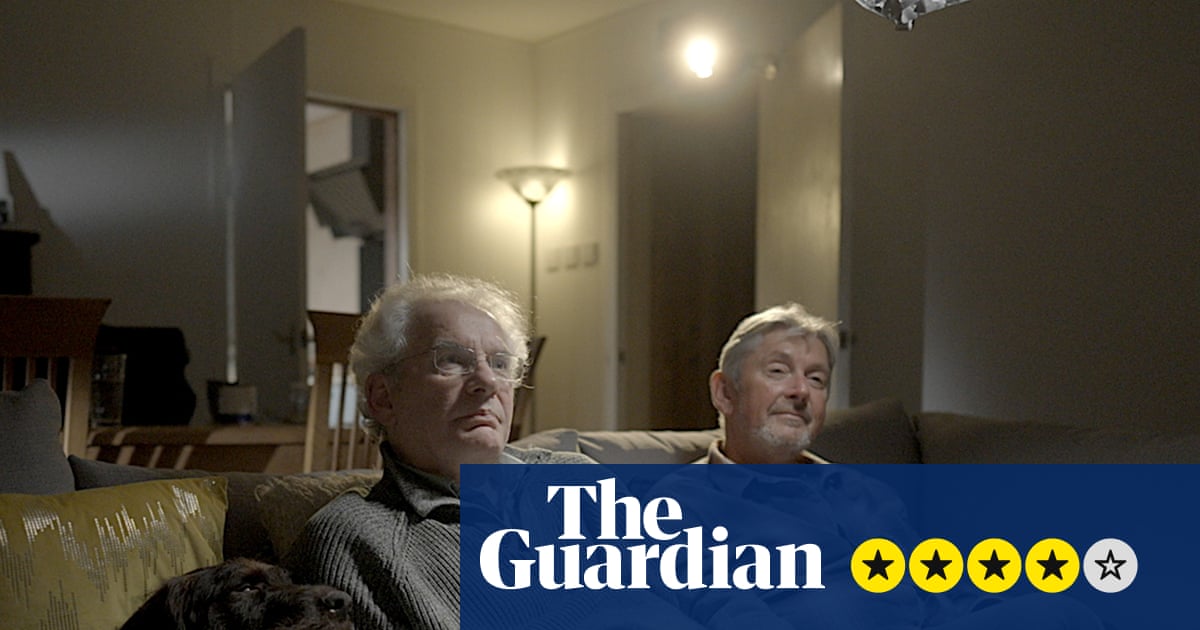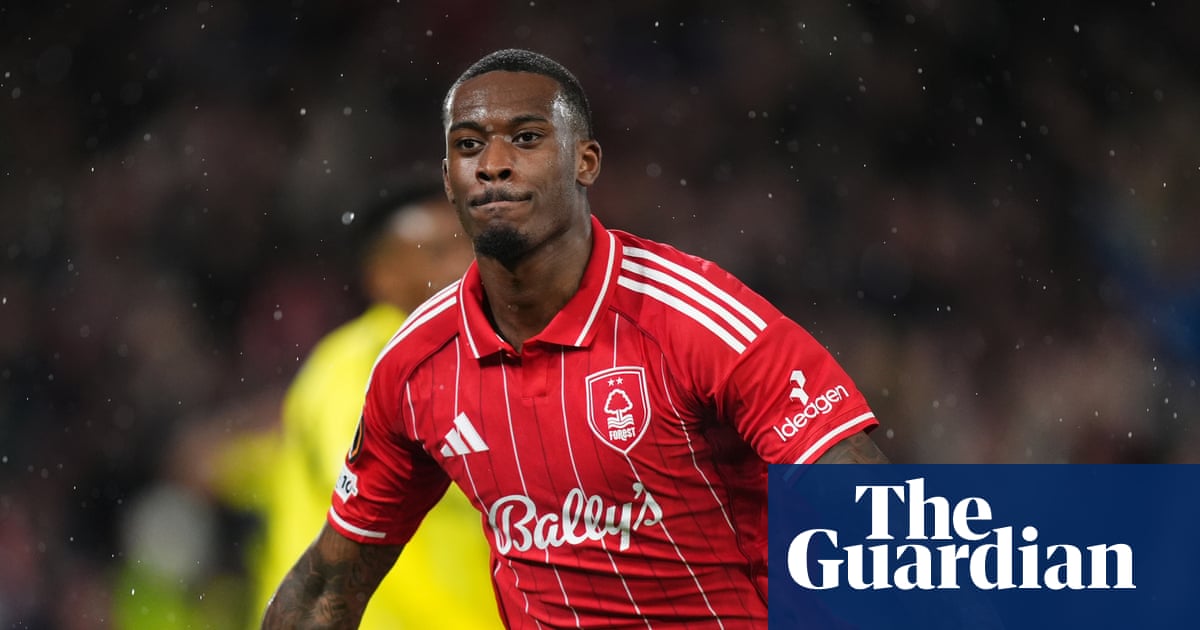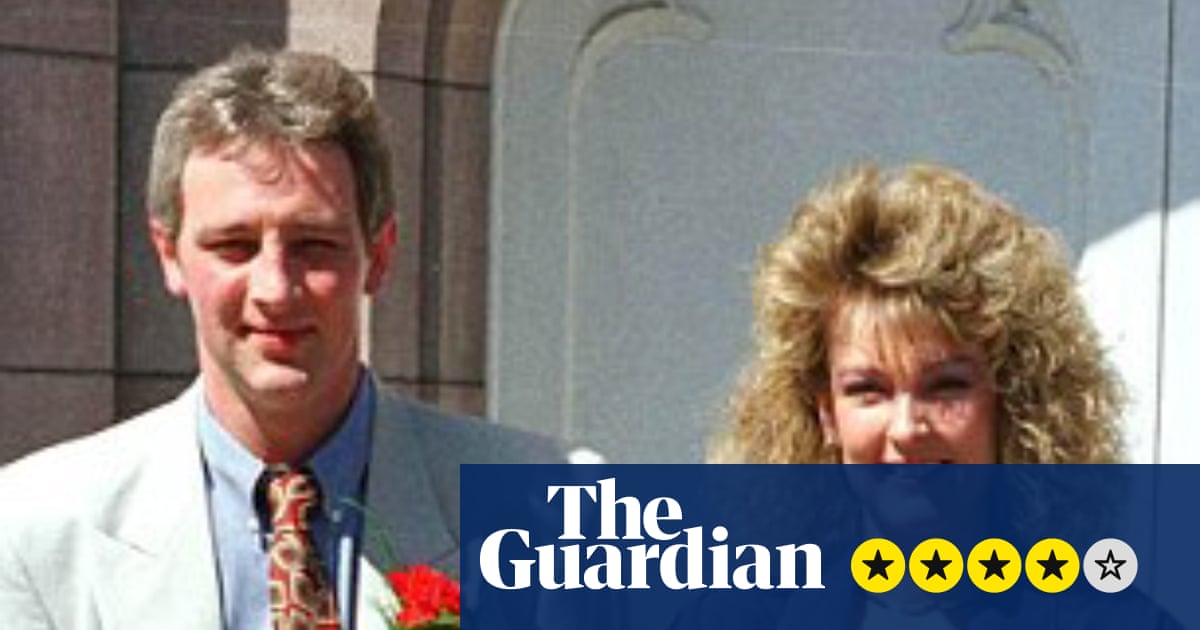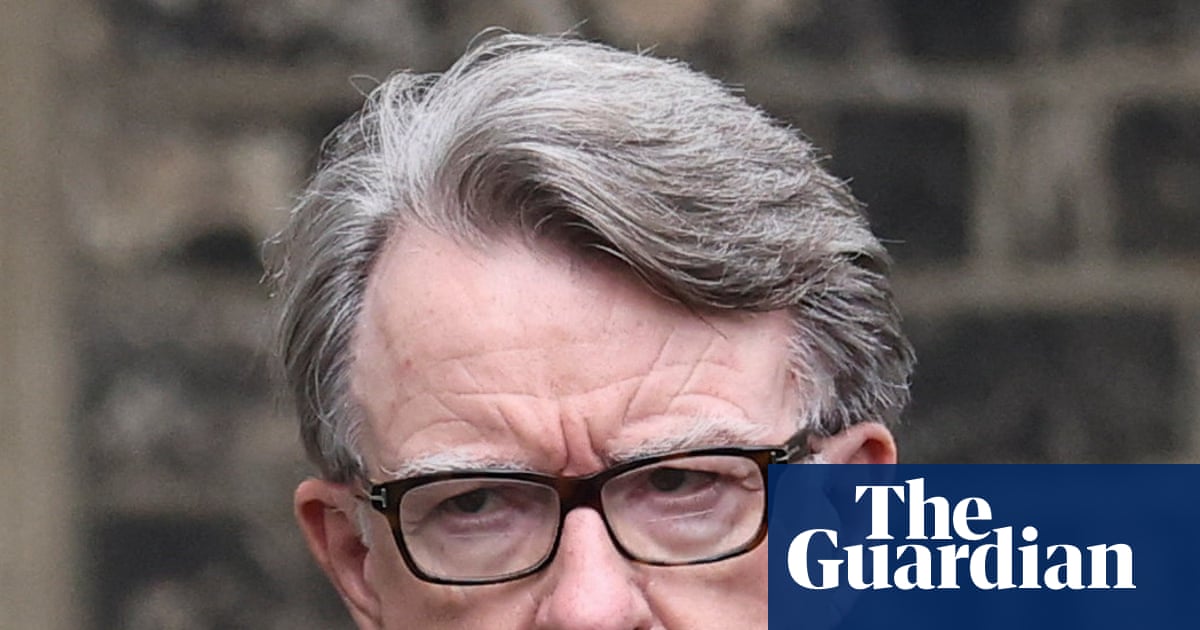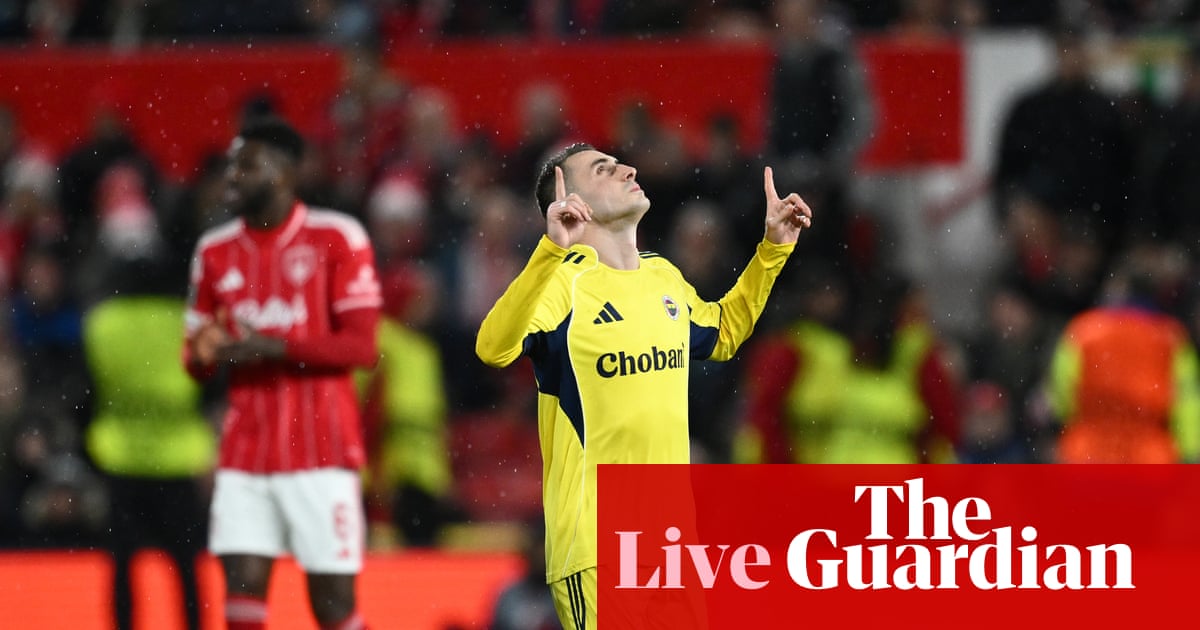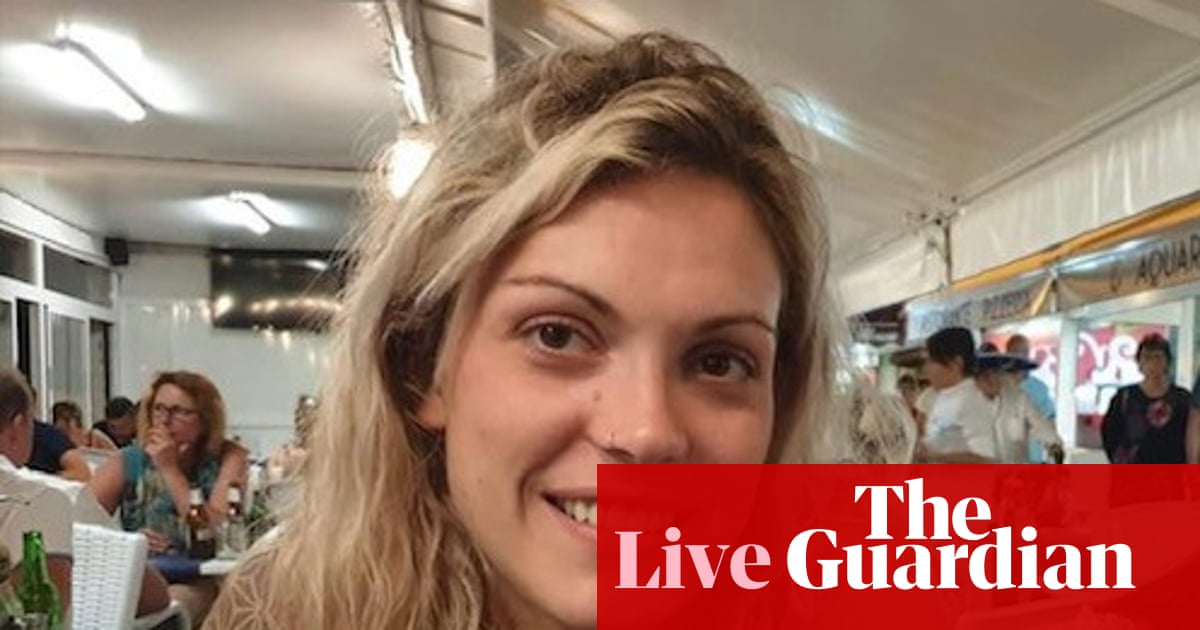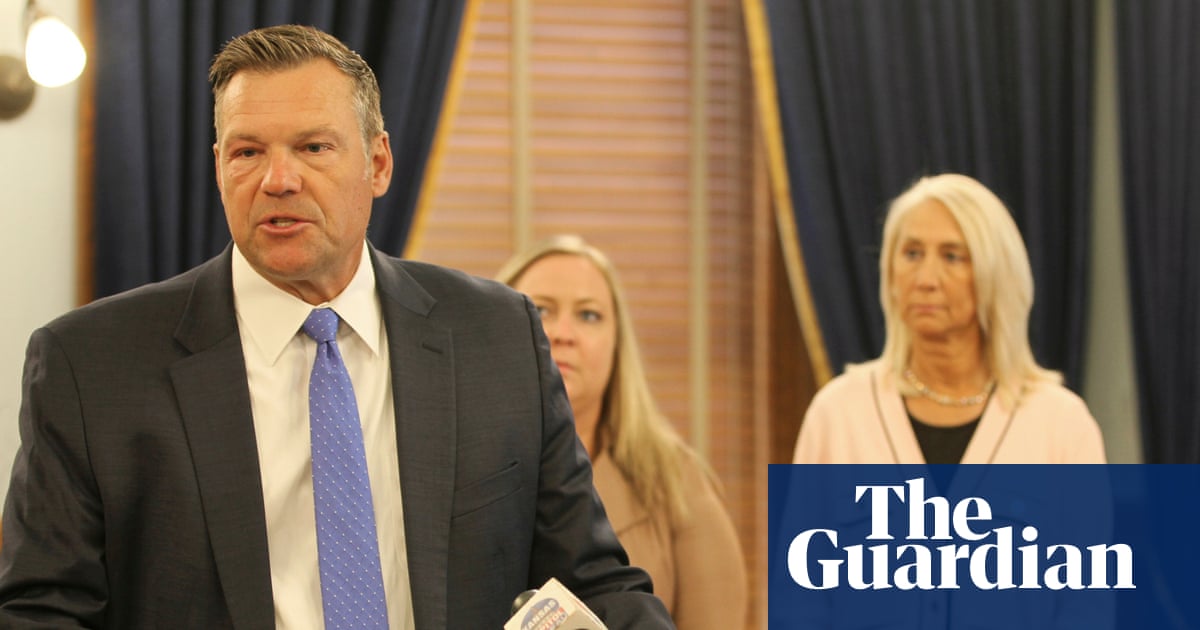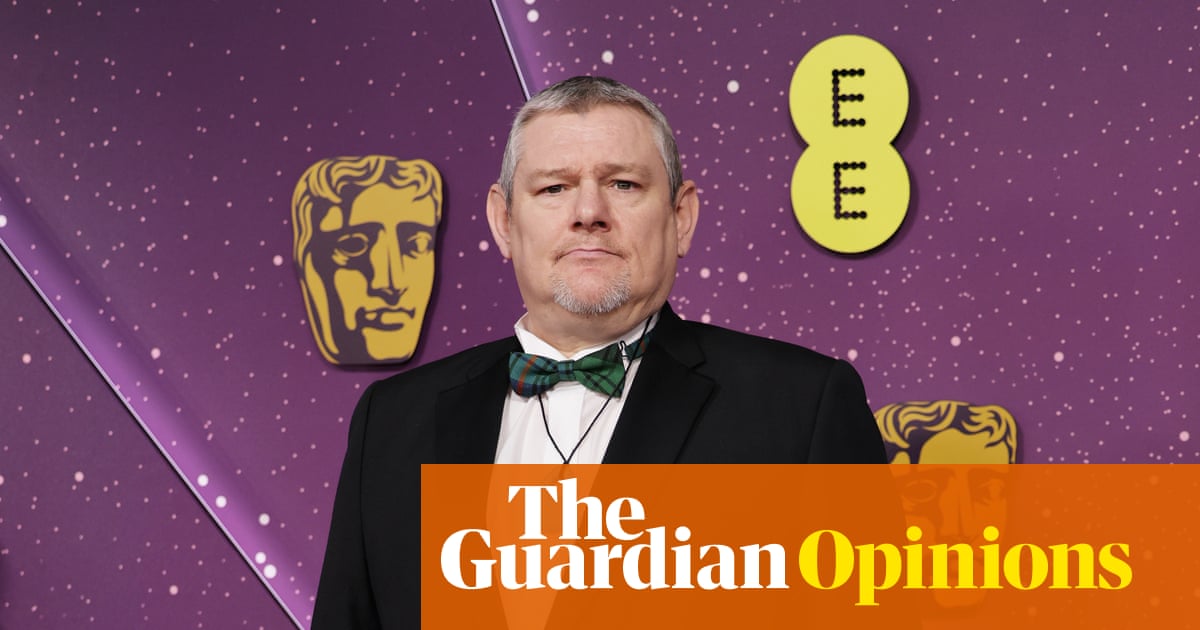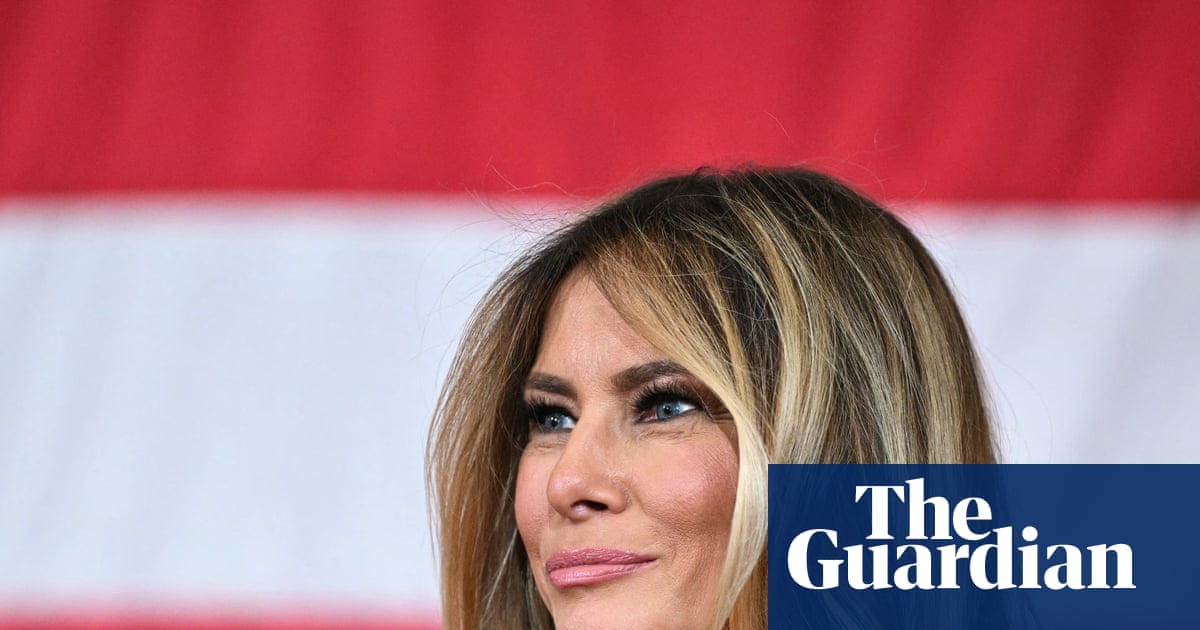It is the time of the year when the veil between the living and the dead is at its thinnest, and spirits walk the Earth once more.
But it appears you are more likely to be visited by a ghost if you are under 35 years old, while spiritual creatures tend to avoid those who live in the East Midlands.
New research from the National Folklore Survey has found that, across England, more than a third of people believe in ghosts and supernatural beings, but belief in the paranormal varies according to age and geography.
Led by academics from Sheffield Hallam University, the University of Hertfordshire, and Chapman University in the US, the survey is the first of its kind since the last Survey of English Language and Folklore more than 60 years ago.
Just over one in three people in England said they believed in ghosts or the spirits of the deceased, with younger people (aged 25-34) most likely to believe in the paranormal, which also includes magical beings, possession, spells, psychics, angels and demons.
“Folklore has exploded on social media,” Dr Sophie Parkes-Nield, one of the researchers, said. “On things like TikTok, there’s PaganTok and WitchTok. Young people are really embracing folklore and making it their own.”
Dr David Clarke, another researcher, said that was in part why they “wanted to rerun this survey now”, adding the previous one “was long before internet and social media existed”.
“The influence of TV and film – that’s something we wanted to try and capture,” he said. “We also wanted to make it more multicultural as well, and we’ve got, I think, 15% ethnic minority interaction with it.”
Ipsos UK surveyed 1730 people over 16 from a panel based on representation of people who live in England, taking into account age, education, gender, ethnicity, religion, region and income.
In total, 39% of survey respondents said they believed there was life after death; 36% said they believed ghosts or spirits of deceased people existed; and 27% said they believed it was possible to communicate with the dead.
Meanwhile, 16% of respondents reported they had had a supernatural experience, but almost one in five had never discussed it with anyone, even family and friends.
In addition, 45% said they had experienced deja vu, while more than a fifth said they had had a premonition of the future.
Parkes-Nield said: “Something that surprised me was, of the people that say they believe in ghosts, they are more likely to be female, but they’re also more likely to believe that the presence of ghosts is something that’s comforting or quite nice, whereas the people who are more likely to believe ghosts are scary are more likely to be male.”
The research also found that more people in England celebrate Bonfire Night than Halloween – 46% said they either always or sometimes celebrated Halloween, compared with 52% for Bonfire Night.
Almost a third of people said they gave out treats for Halloween, while just under 30% planned to watch scary films or TV, and more than a quarter to carve a pumpkin. However, participation in Halloween activities dropped off significantly in those over the age of 45.
The academics also found regional variations, with people in London far more likely to use a Ouija board, or hold a seance, and people living in the East Midlands less likely to take part in Halloween activities or to believe in the supernatural.
“What came out is that if you live in the East Midlands, it’s being described as a folklore-free zone,” Clarke said. “They seem to come out lowest.”
Part of the enduring appeal of folklore, and celebrations including Bonfire Night, the researchers said, was the sense of community it created.
Dr Diane Rodgers, another researcher, said: “I think there was an explosion of re-engaging with Halloween, particularly in terms of taking kids out trick-or-treating, post Covid.” She added people were “really engaging with it”, not “just as a way of doing something as a community, but also going out and doing something and getting kids away from screens”.
Parkes-Nield said: “It’s a universal sort of need, I think, to come together to celebrate points in the year, to mark the year, and particularly at this time of year where the nights are dark and damp.
“People want something to do, to get out the house and to celebrate, to light up the dark evenings.”

.png) 3 months ago
97
3 months ago
97
